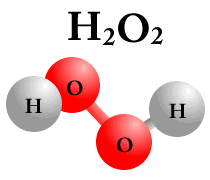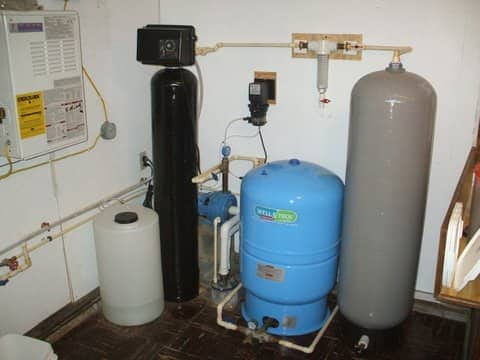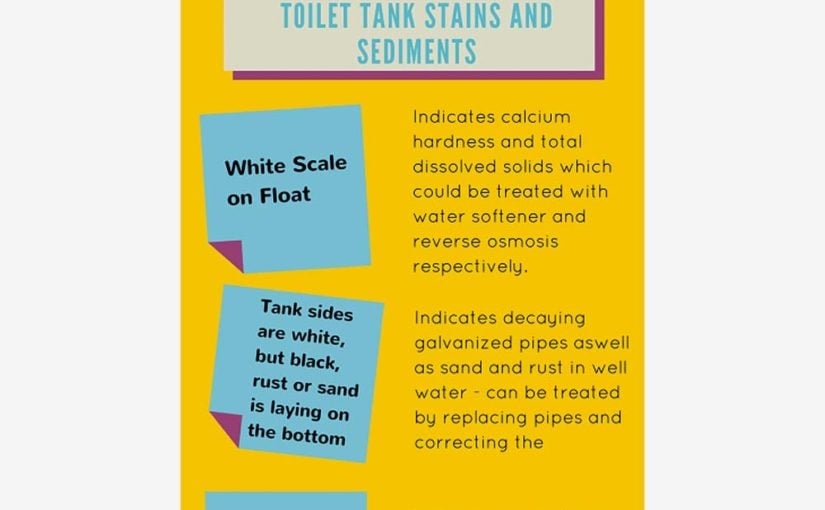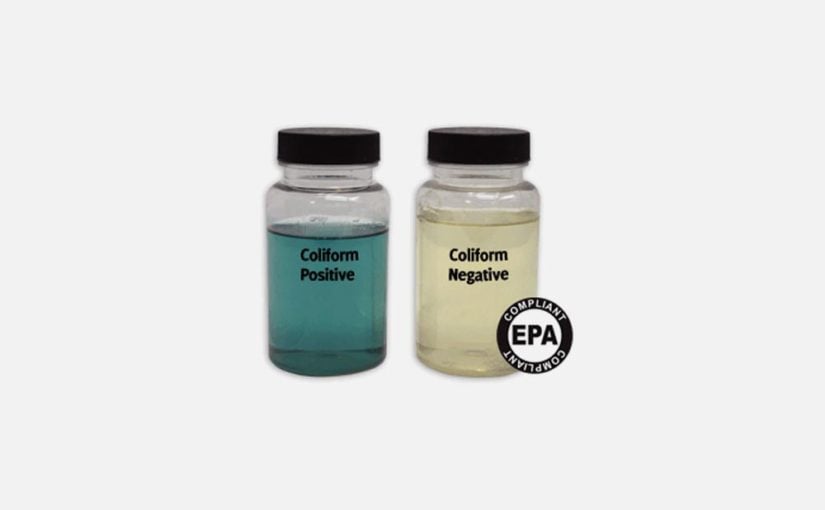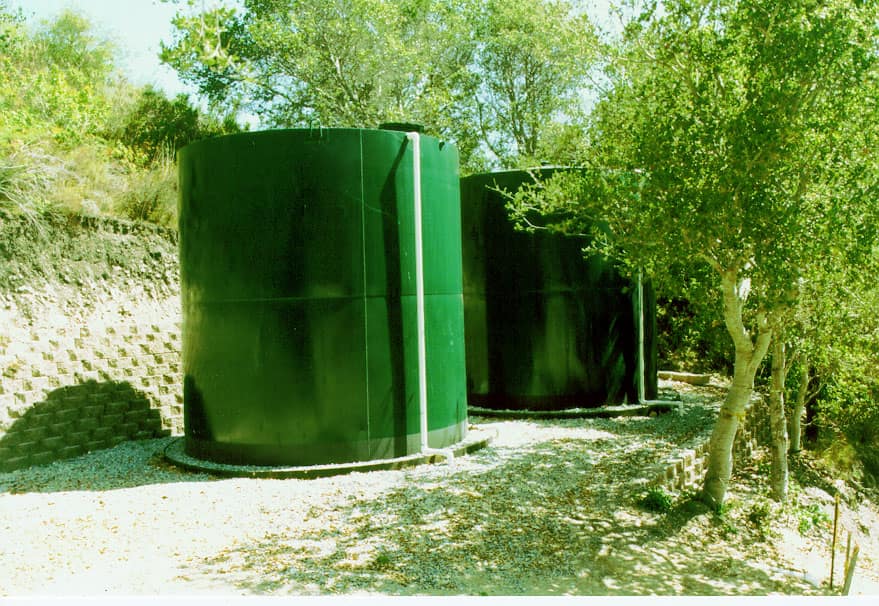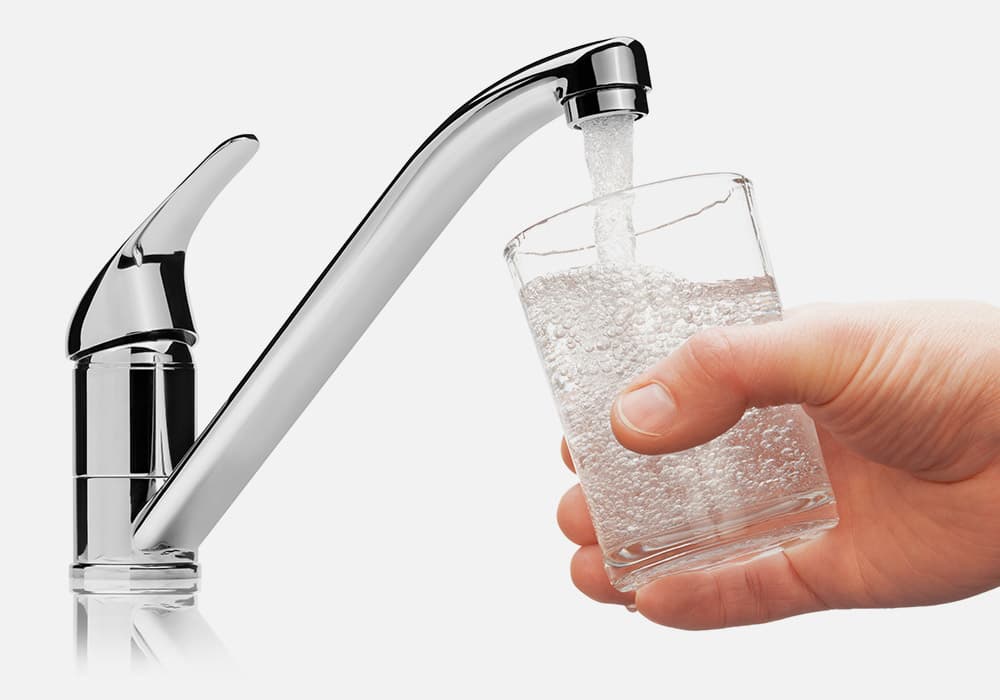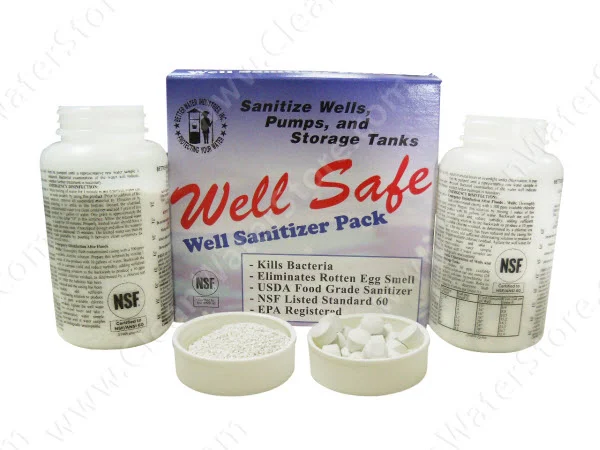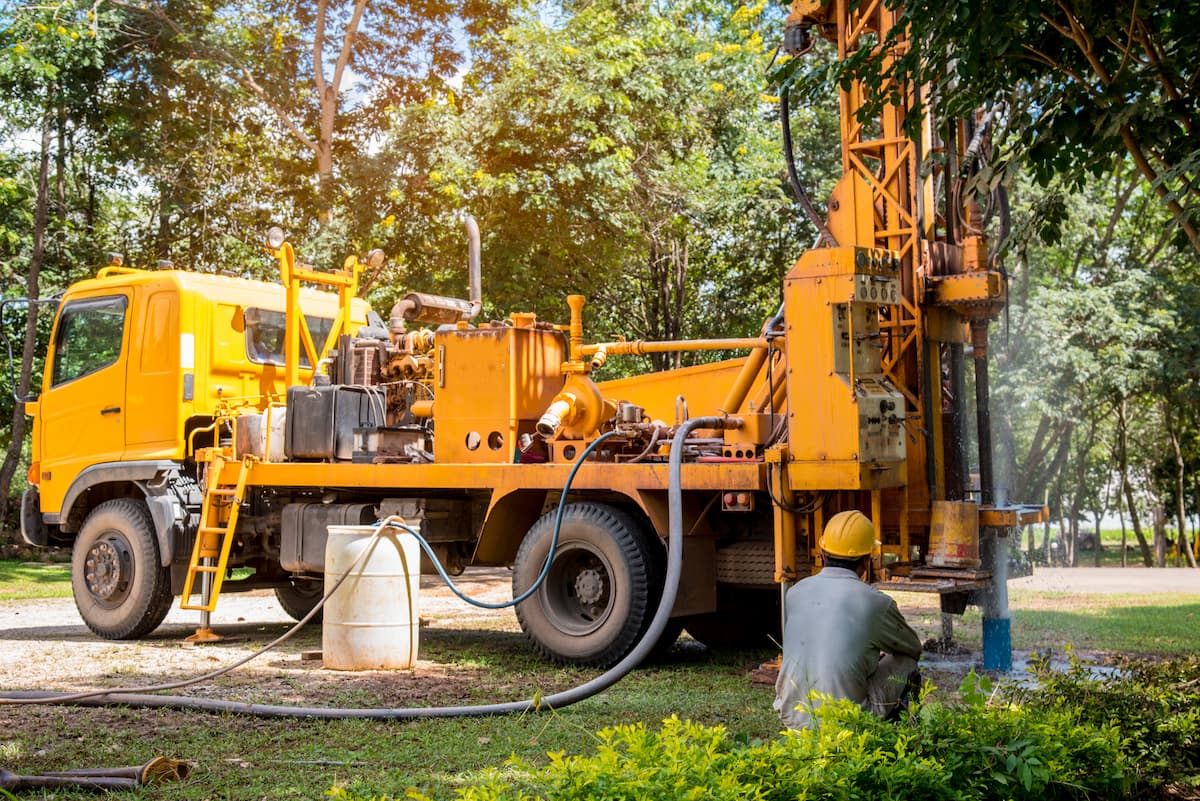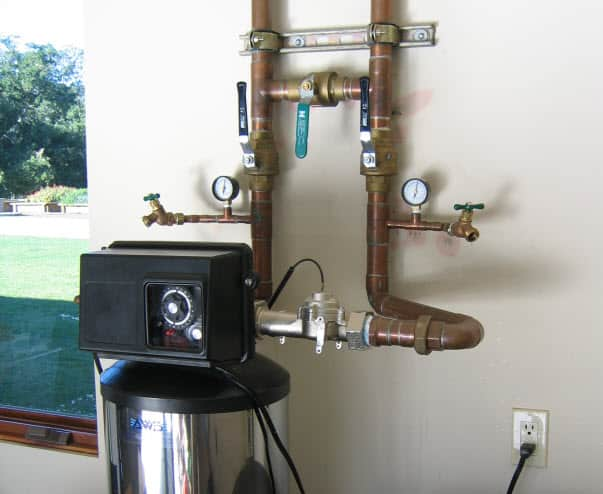Curious about U.S. water problems by region? Water quality isn’t just a national issue—it’s a local one. The type of contaminants and challenges homeowners face in their drinking water vary significantly depending on their region and whether they are on city water or their own private well water. From hard water buildup in the Midwest … Continue reading U.S. Water Problems by Region: Common Contaminants & Solutions
Category: Bacteria
How Work Done on Your Well Might Contaminate Your Drinking Water
There are many ways that well water can become contaminated by coliform bacteria without any change in taste or odor to the water. It is important to periodically monitor private water wells to see if contamination is present. The United States Environmental Protection Agency recommends that private water supplies be tested annually for coliform bacteria … Continue reading How Work Done on Your Well Might Contaminate Your Drinking Water
Hydrogen Peroxide in water
We often receive a question like this: “I have a liquid chlorine bleach well water chlorinator. I want to switch to injecting hydrogen peroxide instead. Can I clean out my existing chlorine metering pump and switch to peroxide?” This is an excellent question, and often the answer is Yes. Hydrogen peroxide (“H2O2”) is becoming very … Continue reading Hydrogen Peroxide in water
How to Tell if Odors From Well Water Are Coming from Well or Inside the House
How to Tell if Well Water Odor is Coming from the Well or Inside the House Water containing hydrogen sulfide gas (“H2S”) has a distinctive “rotten egg” odor, which may be especially noticeable when running hot water. Such water can discolor coffee, tea, and other beverages and alter the appearance and taste of cooked foods. … Continue reading How to Tell if Odors From Well Water Are Coming from Well or Inside the House
13 Water Problems Your Toilet Tank Might Tell You About Your Water
13 Toilet Tank Problems That Might Tell You About Your Water Understanding Toilet Mechanics Toilets are complex systems that rely on a combination of mechanical and hydraulic components to function properly. Understanding how a toilet works can help you diagnose and fix common problems. How a Toilet Works A toilet operates using a blend of … Continue reading 13 Water Problems Your Toilet Tank Might Tell You About Your Water
Hydrogen Peroxide in Well Water How Much to Inject
Using Hydrogen Peroxide in Water: How Much to Inject into Well Water A common question we receive is how much hydrogen peroxide (H₂O₂) to inject into well water for effective treatment. The answer depends on the specific contaminants present. Iron or Manganese: Inject 1.0 ppm of hydrogen peroxide for each 1.0 ppm of iron or … Continue reading Hydrogen Peroxide in Well Water How Much to Inject
Sediments, Stains and Water Sediment Filters 101
Sediments, Stains, and Water Sediment Filters 101 When your water system uses well water, it is important to do regular water testing to ensure that the water the well supplies is safe. Sometimes, bacteria, stains, and sediments can be found in the water. Water sediment filters won’t always take care of everything. For households reliant … Continue reading Sediments, Stains and Water Sediment Filters 101
Learn about the sources of well water odors and how to prevent them
Water containing hydrogen sulfide gas (“H2S”), has a distinctive “rotten egg” odor, which may be especially noticeable when running hot water. Such water can discolor coffee, tea, and other beverages, and alter the appearance and taste of cooked foods. Hydrogen sulfide (“H2S”) gas is a nuisance that is not usually a health risk at concentrations … Continue reading Learn about the sources of well water odors and how to prevent them
Do It Yourself (DIY) Well Water Kit for Coliform Bacteria
Do It Yourself (DIY) Well Water Kit for Coliform Bacteria Health Departments and EPA guidelines recommend testing your well water at least twice a year for coliform bacteria. Bacteria can contaminate a well without any change in taste or odors to the water. Now you can analyze for unhealthy bacteria at home utilizing state-of-the-art, low cost … Continue reading Do It Yourself (DIY) Well Water Kit for Coliform Bacteria
Never Do These 7 Things with Ozone
7 Things You Must NEVER do with Ozone if you have an ozone water system We are all familiar with the ozone layer, the protective layer covering the earth that protects us from the sun's harmful UV rays. A good reason it’s called the ‘ozone layer’ is because it contains high concentrations of ozone. What … Continue reading Never Do These 7 Things with Ozone



